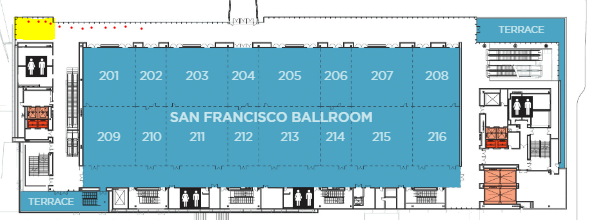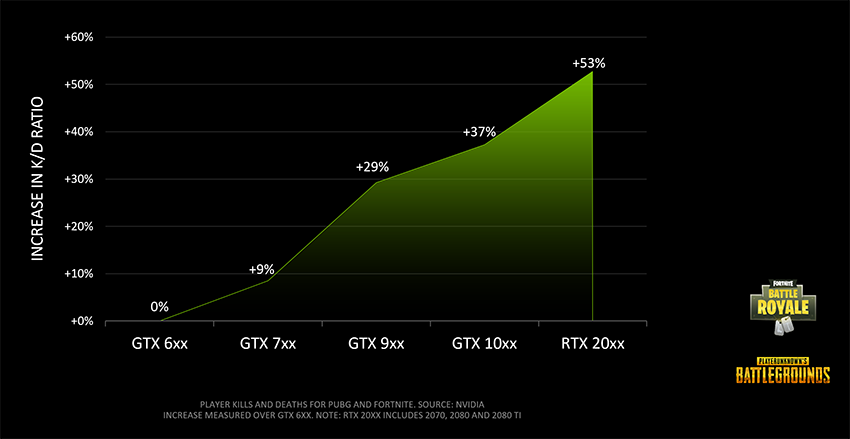The influx of registration spam (fake accounts registering) is just too much for me to keep up with.
Sorry.
The influx of registration spam (fake accounts registering) is just too much for me to keep up with.
Sorry.
Time to clear the link collection before GDC/GTC – download some web pages for the plane ride.

OK, even I’m getting a bit tired of writing about Ray Tracing Gems (not to mention Real-Time Rendering) goings ons. But, a few things:
Really, all this info except the Real-Time Rendering signing is covered on http://raytracinggems.com
Book signing (in yellow) map for GDC, right next to the restrooms – classy

I haven’t done one of these for awhile – too busy with The Book (not That Book; the Other Book). Here’s a collection of stuff I’ve noticed the past few weeks.

Repeat that title three times, then “and I feel fine.” This R.E.M. song has been going through my mind much of the week, as the Ray Tracing Gems book was released last Saturday as a free PDF. With Open Access, the publisher agreed to put the book up for free, even before the physical book was available. Apress has 27 other Open Access titles free to download, so they’re somewhat used to the idea.
The bragging number is that the official Ray Tracing Gems PDF has been downloaded 102K times as of today. I suspect there are a lot of pack rats out there who will download any book that’s free, or someone’s trying to make Tomas and me feel good by setting up an auto-download bot farm (if so, thanks, good job!).
But wait, there’s more. Stephen Hill spotted some typos in the preview copy and sent them on to me Saturday. Monday I made an unofficial PDF for distribution, identical to the official PDF but with his and other errata fixed. Doing so is fine under the license, which allows reasonable changes that are properly noted. The publisher and I worked on the wording on the front page to clearly label this version as unofficial, then I released it on Tuesday. It’s of course the one I recommend grabbing. Being more “hidden,” this one’s been downloaded a more believable 499 times as of last night.
“Supplies are limited” is my favorite ridiculous marketing phrase, always true since there’s a large but finite amount of material in the universe. For GDC and GTC, it’s actually true. The publisher is rush printing and shipping a few hundred copies for these conferences, and they should arrive at onsite booksellers and to NVIDIA next week, fingers crossed, knock wood, rub lucky rabbit’s foot. The hardcover book will not be available for online purchase until mid to late May, though on slightly-higher quality paper (coated glossy vs. coated matte; I believe “coated matte” is what the GPU Gems series used).
Me, I like having both the physical and the electronic forms: electronic is great for searching and for travel, physical is nicer to read (at least for me), use stickies on, add notes in the margins, and for getting signed. Speaking of which, see our page for authors’ signings and talks at the conferences.
So, this is all an odd sequence: NVIDIA released free preprints of the book during February, as did EA; the publisher released the PDF for free in March; I (or anyone) can then make a slightly improved version for distribution; the physical book will be available at conferences in 10 days but not for online purchase until May. Releasing preprints of a whole book, fixing errors in the released version – this is not something we’re used to. Personally, I know I’ve had any number of emails along the way where we each reassure the other, “no, it’s OK, this is how it works under Open Access.”